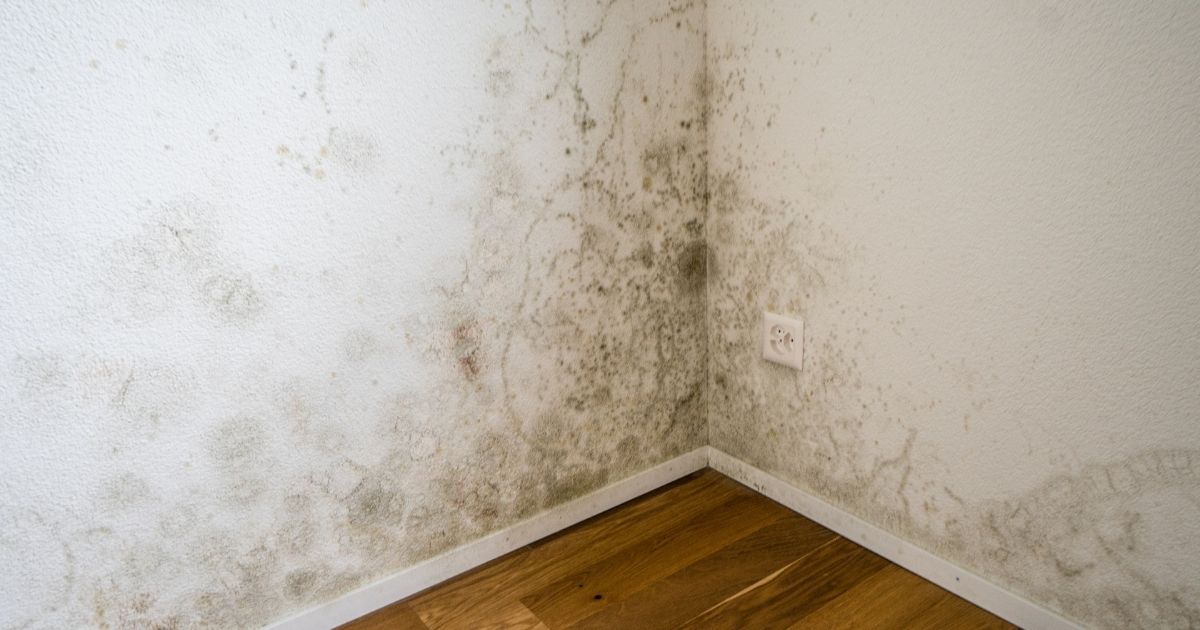MENU
- Home
- Overview
- Attorneys
- Practice Areas
- Firm News
- Blog
- Contact

Some mold can be extremely toxic. When a person discovers mold in their home, becomes ill, or suspects there is mold in the workplace, they have several options available to them. The chosen route will depend on the exact situation:
Mold remediation aims to get the mold back to safe and natural levels. It is virtually impossible for a dwelling to have zero mold. Mold only becomes a problem when it is a toxic type at elevated levels.
Remediation starts with validating that mold is present. A qualified industrial hygienist will test the affected locations using air samples to determine elevated mold readings inside the dwelling or office.
If mold levels are high, the hygienist will identify the cause and source of the mold, which is always some type of water or moisture. They often use infrared film to locate where the water is coming from and perform various other tests.
Once the cause and source of mold are identified, the remediation begins with removing the mold-containing materials and repairing the source of moisture intrusion. A qualified mold remediation contractor should be used.
Under carefully controlled conditions, the contractor will block off the contaminated area, remove the contaminated material, and use negative air pressure to stop the spread of mold spores in the air. Any personal property near the mold that has also been affected will be cleaned or discarded.
The contractor will then take the appropriate action to fix the cause of the problem, which can involve many different processes, depending on the source of water intrusion. Anyone who sees or suspects toxic mold should begin the investigation and remediation process right away. Letting mold go can have adverse effects on health.
Symptoms will vary by person and by health status. People who are prone to allergies or who have compromised immune systems are more susceptible to reactions from mold exposure.
Generally, symptoms of mold exposure include:
A person who has been exposed to mold may have a legitimate personal injury claim. They will need to receive a diagnosis from a qualified medical provider who can connect adverse health conditions with mold exposure. The medical provider will need to use solid science, medical evidence, and proper diagnostic measures in their findings.
A lawyer specializing in mold claims should manage the claim process. There may be various negligent parties, and diagnosing a mold-related illness can be difficult and complex. While there is general agreement in the medical community that certain types of mold are harmful to humans, there is uncertainty around what degree of exposure can cause disease. A skilled lawyer can help overcome this uncertainty.
No one should suffer the financial and physical damages caused by toxic mold exposure. A skilled and knowledgeable Dover toxic tort lawyer at Jacobs & Crumplar, P.A. can help you build your case. To schedule a free consultation, call us at 302-656-5445 or contact us online. Based in Wilmington and Millsboro, Delaware, we serve clients throughout Dover, New Castle County, and Sussex County.